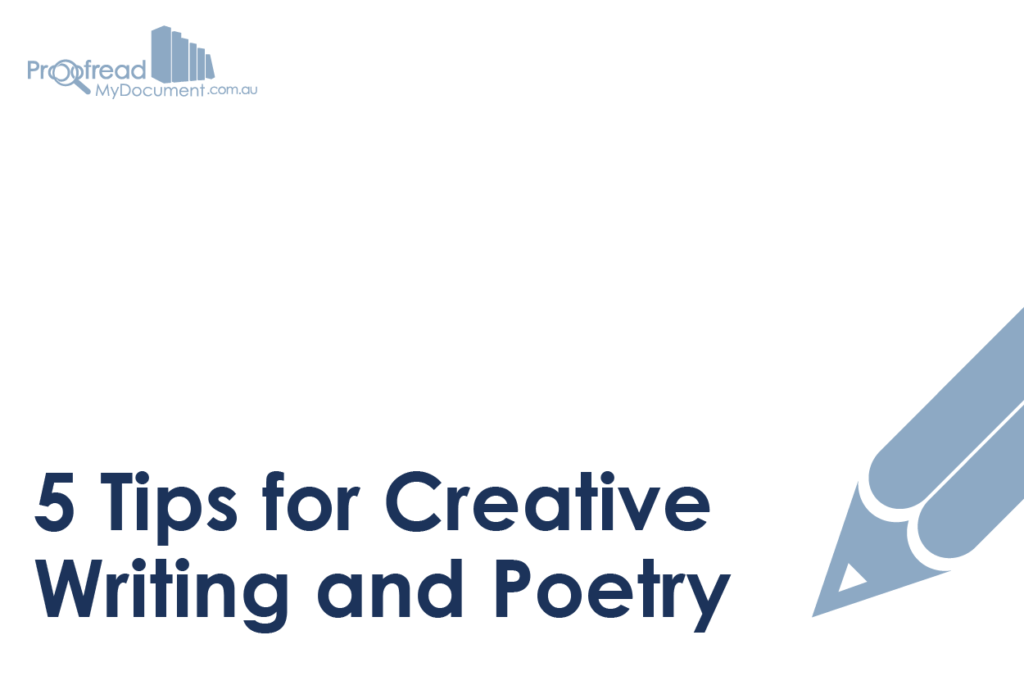Although many documents we see at Proofed use formal and academic English, we also enjoy flexing our creative muscles from time to time! And whether you’re an aspiring poet or first-time author, the following tips should provide a useful starting point for your next creative endeavour.
1. Start Small
Nobody is expecting you to produce a best-seller overnight, so start small. Rather than launching straight into the sci-fi trilogy you have planned, write a few short stories to get the creative juices flowing.
If it helps, base these narratives within your envisioned world; this will help you build up a more concrete picture in your mind. After all, it’s highly unlikely that Harry Potter came fully-fledged to J. K. Rowling in one sitting!
(Image: Pikawil/wikimedia)
2. Take Inspiration from Other Writers
Don’t be afraid to mimic the style or tone of your favourite author. You should stop short of outright theft of course, but if there’s a certain kind of writing that you find particularly inspiring, try approaching your project in a similar manner.
This applies to all creative outlets and everyone does it. Without Elvis, for example, The Beatles might not have ended up as much more than four cheeky lads from Liverpool.
3. Just Write
This may sound obvious, but plenty of aspiring writers fall into the trap of seeing that blank page in front of them as a hindrance rather than an opportunity.
Think of it this way: this is your chance to tell the story you’ve always wanted! There is nobody looking over your shoulder, so you are completely free to write what you want.
(Image: Mike P.)
By putting pen to paper, or finger to keyboard, you are committing yourself to the process. It may not set the literary world alight, but you can always go back and edit what you’re unhappy with. The important thing is to build momentum.
Find this useful?
Subscribe to our newsletter and get writing tips from our editors straight to your inbox.
4. Don’t Be Precious
If you’ve taken the previous step on board, hopefully the words are now flowing effortlessly! As such, it’s time to experiment.
As Stephen King points out, you should write for yourself first and worry about the audience later. First and foremost, write the story you want to tell. And try to avoid getting bogged down with grammatical intricacies when writing the first draft.
After all, you can always get someone else to worry about that!
5. Read!
You wouldn’t expect Adele to sing on stage having never heard someone sing before. Nor would Robert De Niro have got far without having ever seen a film! It’s the same for writing.
Simply put, it’s essential to read as much as possible. Indulge in as many different genres and authors as you can, as this is the surest way of finding your own voice.
So if you’re not sure where to start, back away from the computer and pick up a book – you’ll thank us when you get published!
(Image: Anher)
